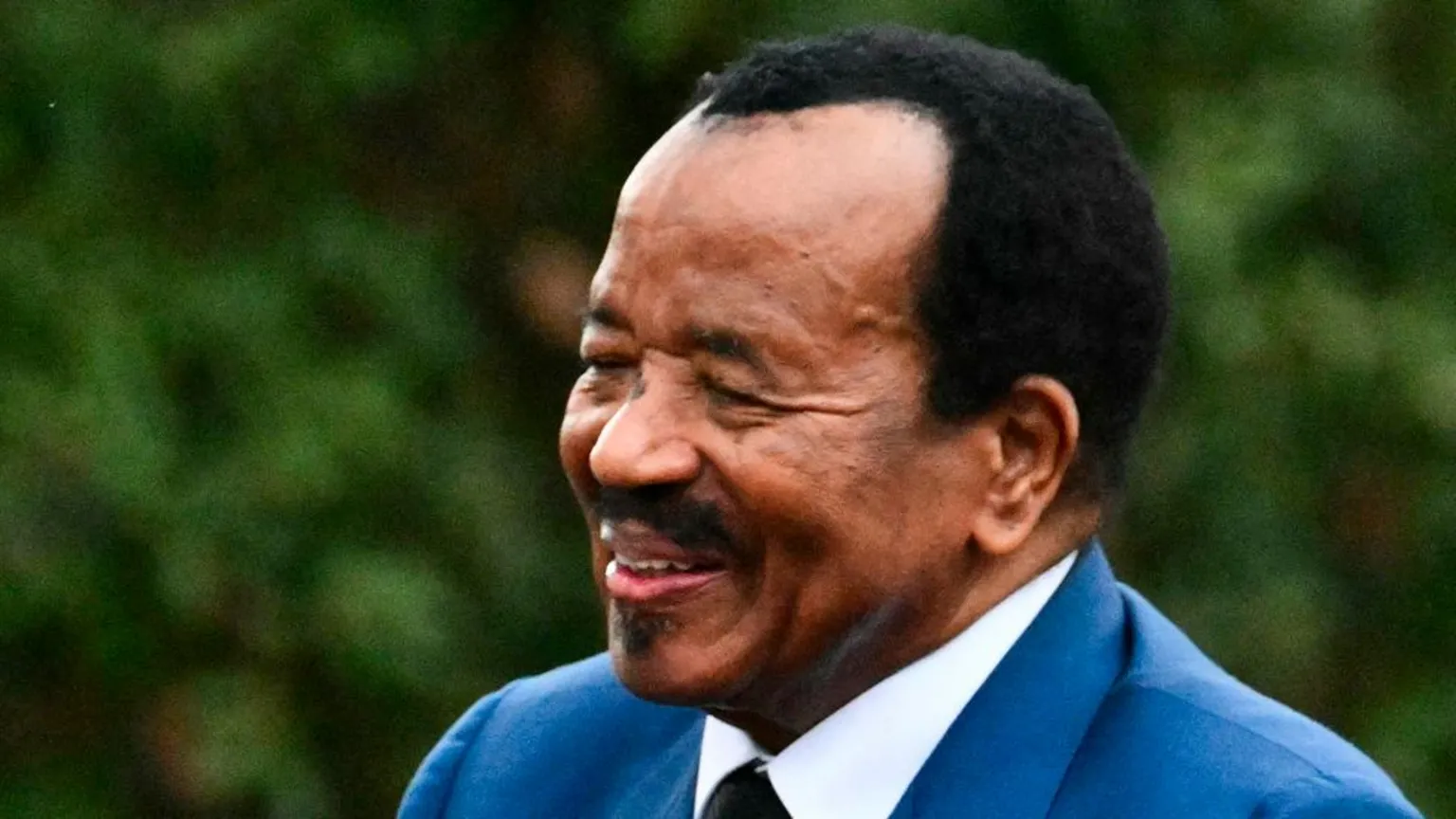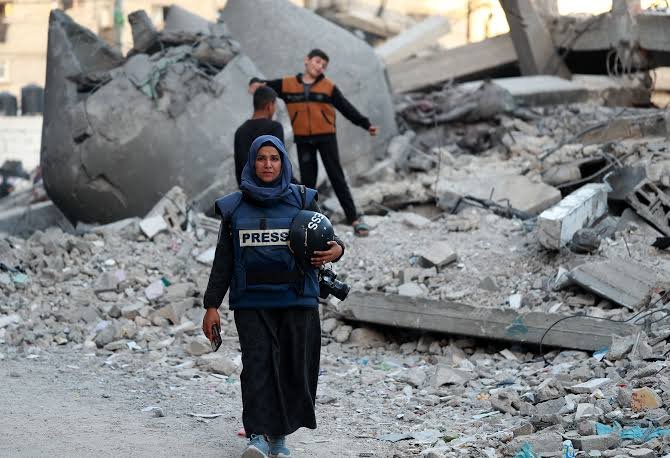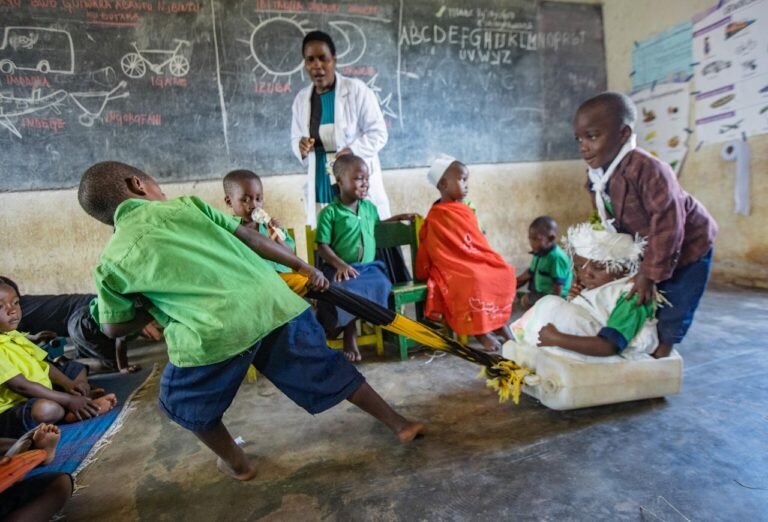Long before Paul Biya, the world’s oldest president, announced his bid for an eighth term, his growing activity on social media had already sparked speculation about his intentions.
At 92, Biya’s official confirmation last week didn’t come as a shock. For several months, he had been posting daily on Facebook and X (formerly Twitter), a major shift from his previous low profile digital presence.
However, analysts say the strategy may be missing the mark with young voters ahead of October’s election. “Cameroon has over 5.4 million social media users, but 95% of young people rely on WhatsApp, a space where presidential messages are largely absent,” says Rostant Tane, director of Media Intelligence Sarl. “There is no regional targeting, no real interaction, and no effort to speak their language,” he adds.
“People know it is not Biya behind the keyboard. That distance hurts trust,” says Herve Tiwa, a communications lecturer. “It is still one way communication. Comments get ignored or deleted. It feels superficial.”
With over 60% of Cameroonians under 25, and more than half the electorate under 30, the youth vote is crucial. “Political messaging should support democracy, not just serve as PR,” says 27 year old communications specialist Ulrich Donfack.
“Graphics and slogans aren’t enough. Youth want jobs, change, and real hope,” says 27 year old social entrepreneur Falone Ngu. Yet Biya’s posts mostly focus on his 43 year record, with excerpts from old speeches, some dating back to 2000, instead of addressing today’s concerns.
Though the digital shift is an improvement, scepticism dominates. “Cameroonians want roads, not hashtags,” wrote one user.
Biya will find out in October if his new digital strategy can win over the country’s young voters.






